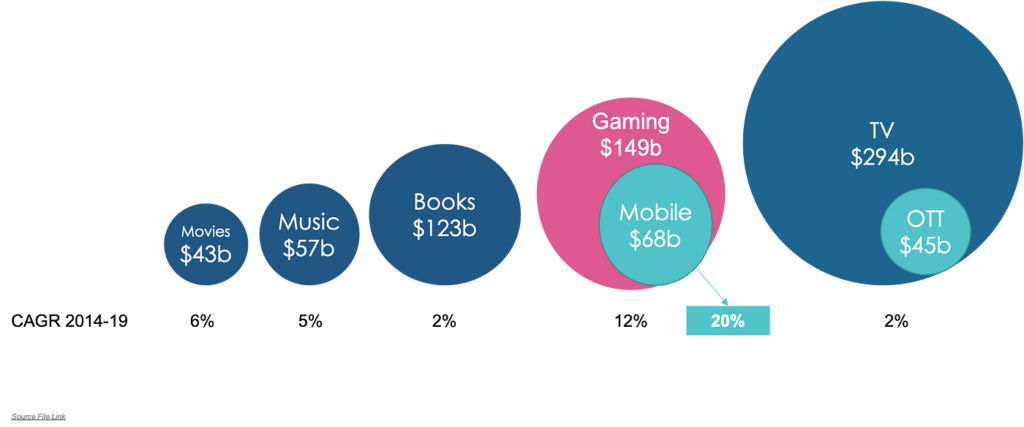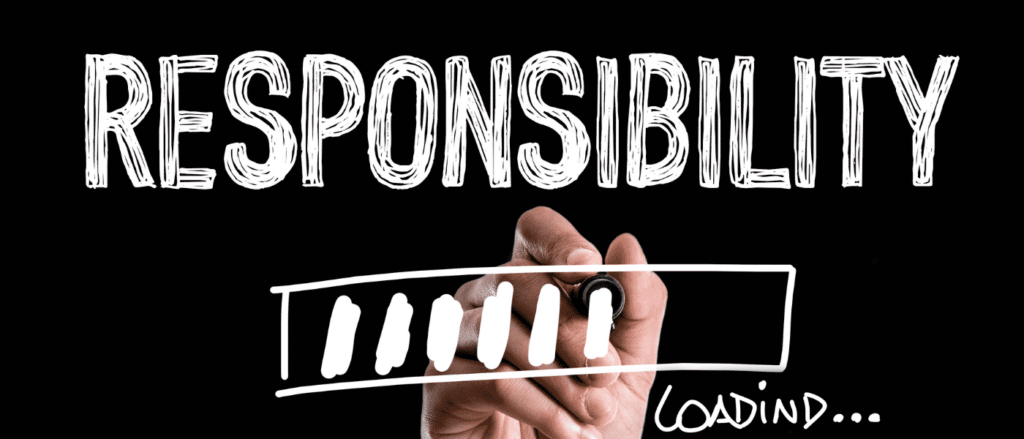
An In-Depth Analysis
When considering whether gambling offers value for money, it’s crucial to examine various dimensions that contribute to the overall experience. From the economics and psychological impacts to the role of luck and skill, it presents a multifaceted subject. This article delves into the different aspects of gambling, providing a comprehensive understanding of its value proposition.
The Economics at Play
Gambling is a multi-billion-dollar industry, encompassing everything from lottery tickets and casino games to sports betting and online gambling platforms. The economic aspect of gambling includes:
House Edge and Player’s Expected Value: The house edge represents the average profit a gambling establishment makes from each bet. It varies by game; for instance, slot machines may have a house edge of 5-10%, while blackjack, when played optimally, can have a house edge as low as 0.5%. Understanding the house edge helps players gauge the expected value of their bets over time.
Return on Investment (ROI): ROI in gambling refers to the ratio of money won to money wagered. High-frequency gamblers might focus on games with higher ROI, like poker or sports betting, where skill can influence outcomes more significantly than pure chance.
Psychological Impact of Gambling
It affects the brain’s reward system, releasing dopamine, which can create a sense of euphoria similar to other pleasurable activities. However, this can also lead to:
Addiction and Compulsive Behavior: Gambling addiction/problem, is a severe psychological condition. It affects a person’s ability to resist the urge to gamble, often leading to financial ruin and personal distress. Understanding the signs and seeking help is crucial for those at risk.
Behavioral Economics and Decision Making: It provides insights into human decision-making and risk-taking behaviors. Concepts such as “loss aversion” and “the gambler’s fallacy” illustrate how people perceive and respond to winning and losing streaks, often leading to irrational decisions.
Comparison to Other Forms of Entertainment

Gambling is often compared to other entertainment activities, like dining out, going to movies, or attending sporting events. Key points of comparison include:
Cost vs. Enjoyment: While it can be costly, it also offers the potential for monetary rewards, unlike most other entertainment forms. The excitement and social aspects of gambling can enhance the perceived value.
Time Spent and Engagement: It can be an engaging activity, with many players spending hours immersed in games. This level of engagement can make the cost of gambling seem more justified when compared to shorter, but equally expensive, activities.
The Role of Luck vs Skill in Gambling
Different activities involve varying degrees of luck and skill:
Games of Pure Chance: Games like slot machines, roulette, and lotteries rely entirely on luck. Players have no control over the outcomes, which can lead to significant financial loss over time.
Skill-Based Games: Games such as poker, blackjack, and sports betting involve a combination of skill and luck. Skilled players can improve their chances of winning through strategy, knowledge, and practice, potentially finding more value for their money.
Addiction and Its Costs
The hidden costs of gambling extend beyond financial loss, impacting personal relationships, mental health, and societal welfare:
Financial Strain: Problem gamblers often face severe financial difficulties, including debt and bankruptcy. The quest to recover losses can lead to further gamble, creating a vicious cycle.
Social and Emotional Consequences: Gambling addiction can strain relationships, lead to job loss, and cause emotional distress. Support systems and counseling are vital for those affected by this addiction.
Economic Burden on Society: The broader economic impact includes healthcare costs, loss of productivity, and social services required to support problem gamblers and their families.
Gambling Legal and Ethical Considerations
The legal landscape varies globally, with different regions implementing distinct regulations to control and manage the industry:
Regulation and Licensing: Strict regulations ensure fair play, protect consumers, and minimize the risk of fraud. Licensing bodies oversee casinos, online platforms, and other gambling venues to maintain industry standards.
Ethical Concerns: Ethical issues arise around the exploitation of vulnerable individuals, marketing practices targeting young or susceptible populations, and the potential for it to contribute to social inequality.
Responsible Gambling Initiatives
Many jurisdictions and organizations promote responsible gambling practices. These include self-exclusion programs, limits on betting amounts, and public awareness campaigns to educate individuals about the risks of gambling.

Get Info: Investing in Stocks
Is gambling value for money? The answer varies depending on individual perspectives and experiences. For some, the excitement, potential rewards, and social aspects justify the expenditure. For others, the financial risks and potential for addiction outweigh the benefits.
Understanding the economic principles, psychological effects, and social implications of gambling can help individuals make informed decisions. Whether viewed as a form of entertainment or a financial risk, gambling requires a balanced approach to ensure it remains an enjoyable activity without adverse consequences.





